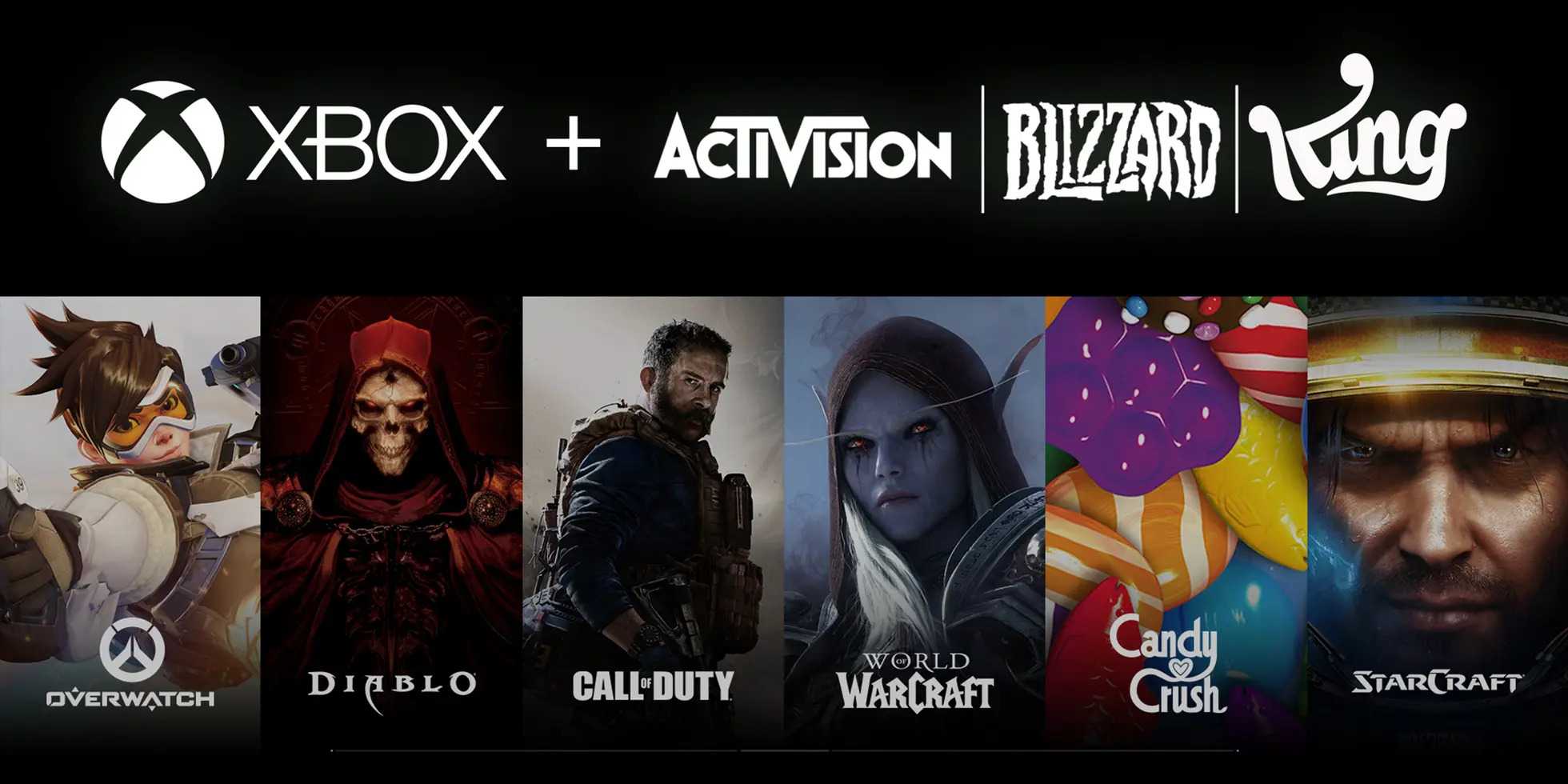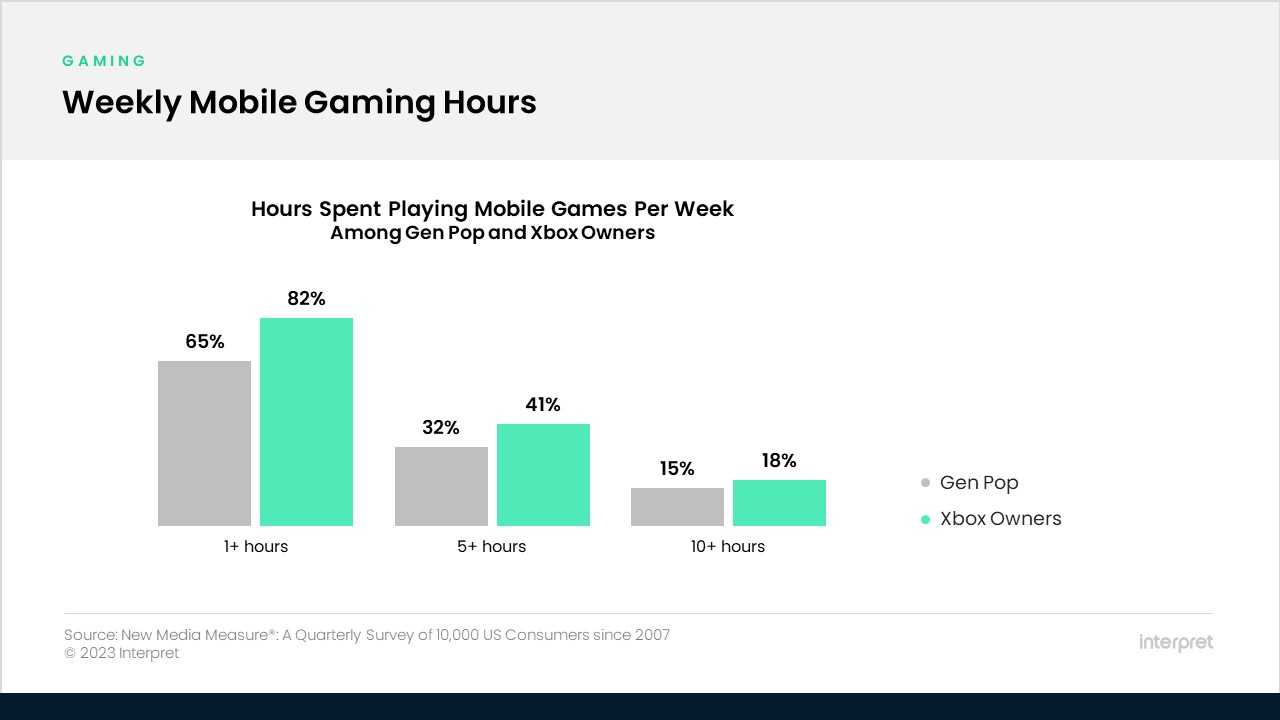The long journey for publishing behemoth Activision Blizzard to be acquired by Microsoft for $69 billion finally ended in late October, enabling the Call of Duty and World of Warcraft publisher to be fully integrated into the team of Xbox studios. The deal, first announced in January 2022, faced battle after battle with regulators in numerous countries due to fears around Xbox monopolizing cloud streaming and big annual blockbusters like Call of Duty.
However, some might argue that the bigger component of the deal is that it gives Microsoft a solid on-ramp into mobile gaming – one of the biggest growth areas in the industry. King-operated Candy Crush, remains quite popular (the third highest-grossing mobile game worldwide in 2023) and the addition of King instantly provides Xbox with vast mobile resources and expertise in the space.
In fact, it’s recently come to light that Activision Blizzard had considered (prior the Xbox deal) forming its own “Steam of mobile” store to directly challenge the duo of Apple’s App Store and Google Play. Microsoft very likely found this to be quite attractive, given the company’s relative lack of presence in mobile gaming to date; Xbox chief Phil Spencer confirmed that Microsoft is indeed working with partners to make the mobile storefront idea a reality. “We’ve talked about choice, and today on your mobile phones, you don’t have choice,” Spencer told Bloomberg. “To make sure that Xbox is not only relevant today but for the next ten, twenty years, we’re going to have to be strong across many screens.”
The push into mobile gaming seems like a prudent move for Xbox, according to Interpret’s New Media Measure®, which indicates that Xbox console owners over-index on hours spent playing mobile games compared to the general population. Whereas almost two-thirds of consumers report playing mobile games at least an hour each week, that figure jumps up to 82% of Xbox owners. Furthermore, at higher levels of engagement (5+ hours played weekly), Xbox owners stand at 41% compared to 32% of the general population.
While not every IP is going to successfully make the transition to mobile, with Blizzard, King, and Activision franchises in the mix, Microsoft now has numerous choices at its disposal. And Call of Duty has already done so, as Call of Duty Mobile has generated over $3 billion in lifetime revenue since it was launched in 2019. If Microsoft can leverage a few more properties to that degree and launch a successful mobile storefront, the Activision Blizzard deal will practically pay for itself.








